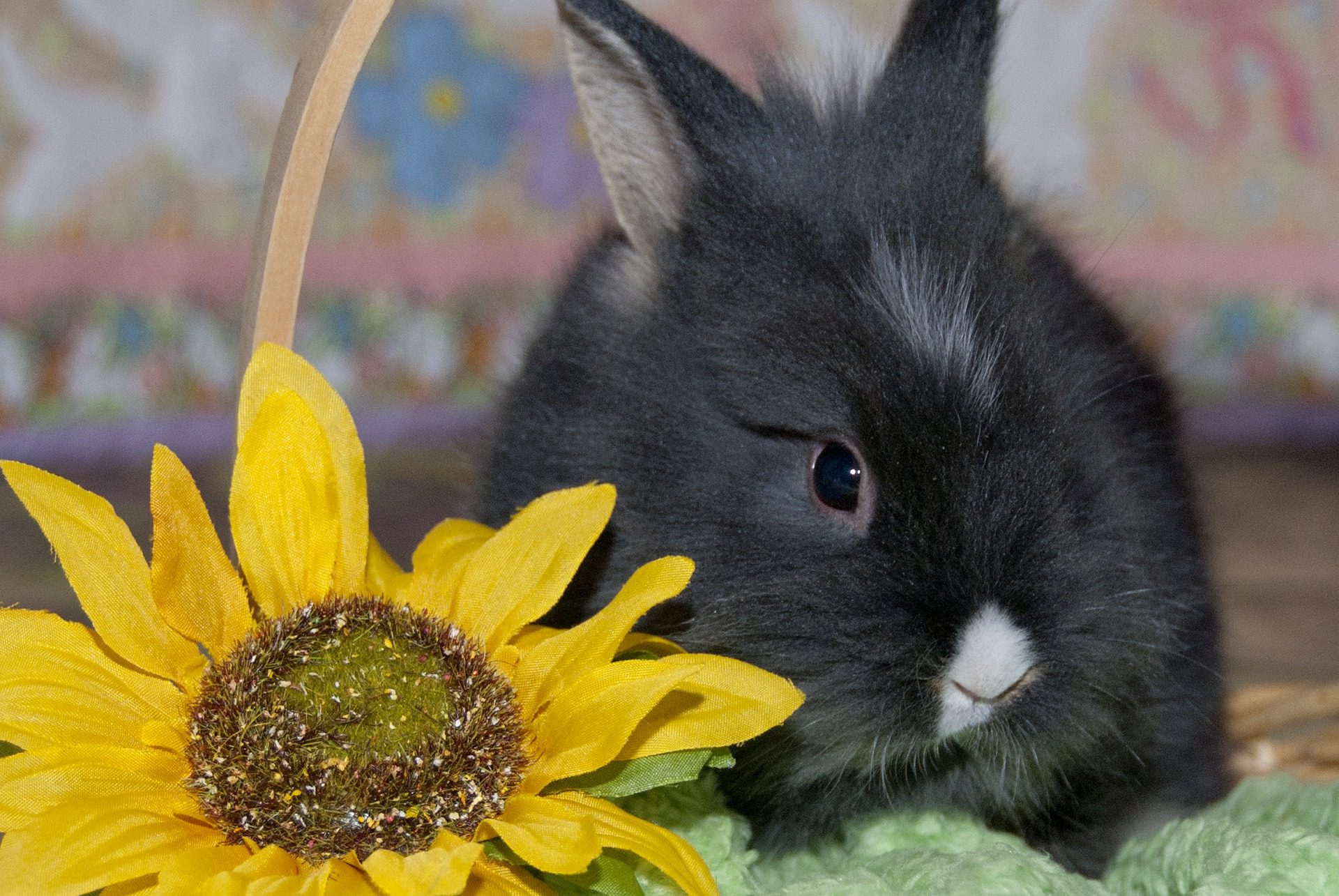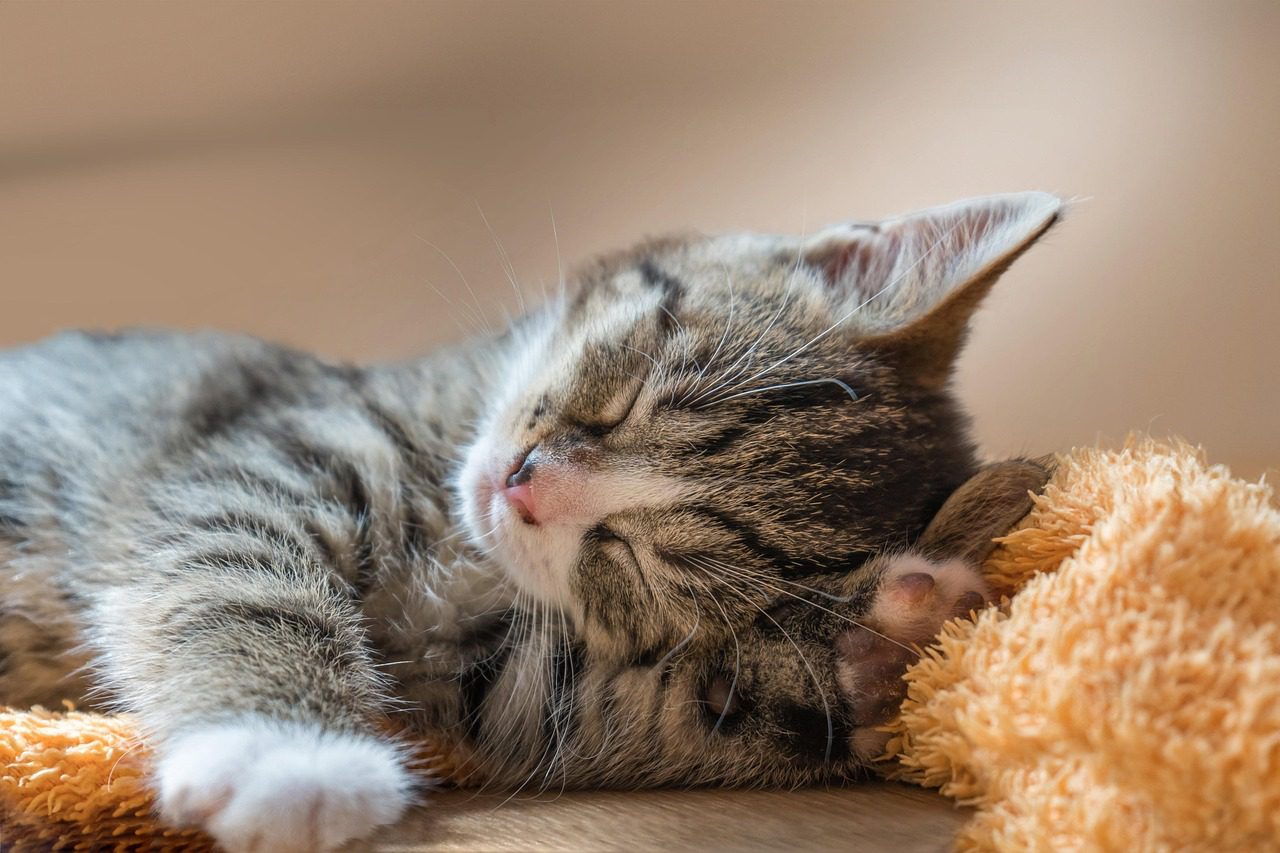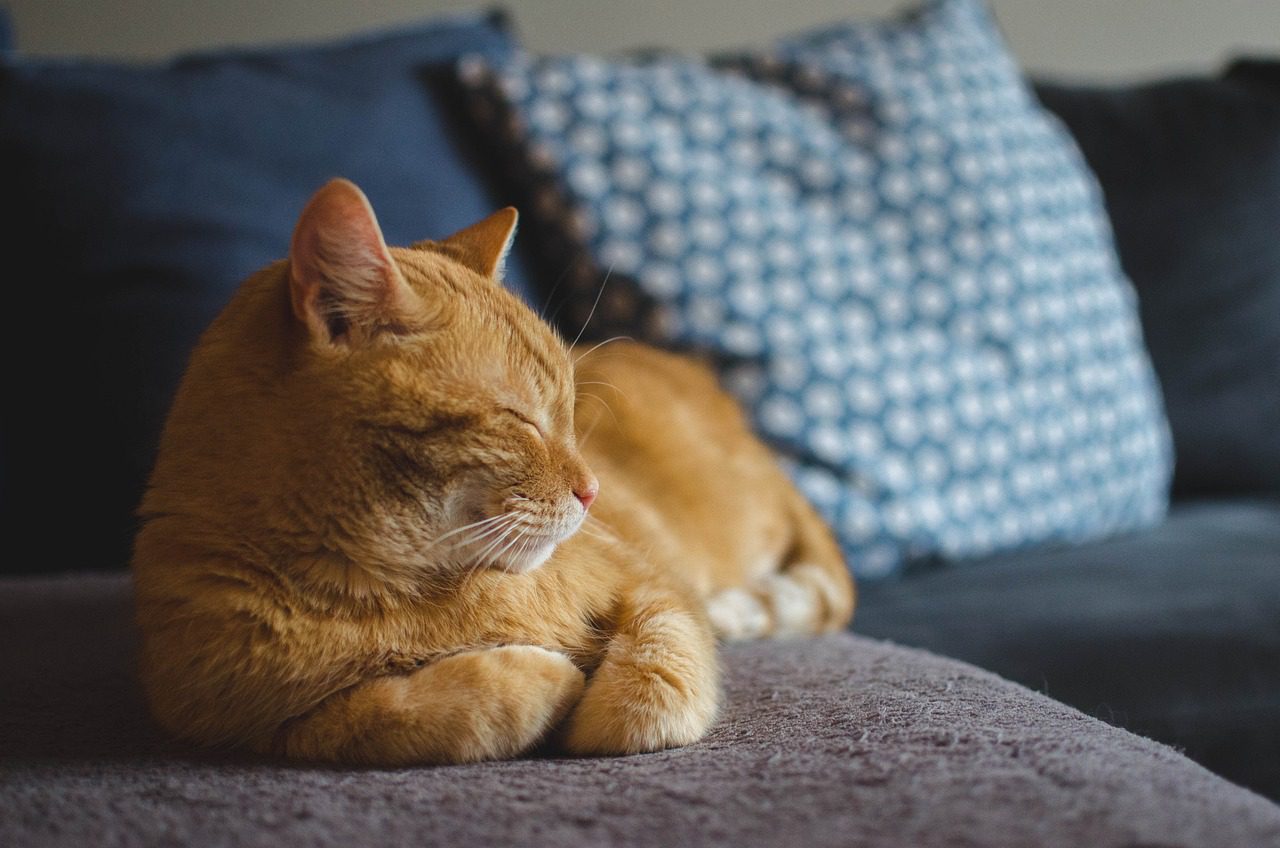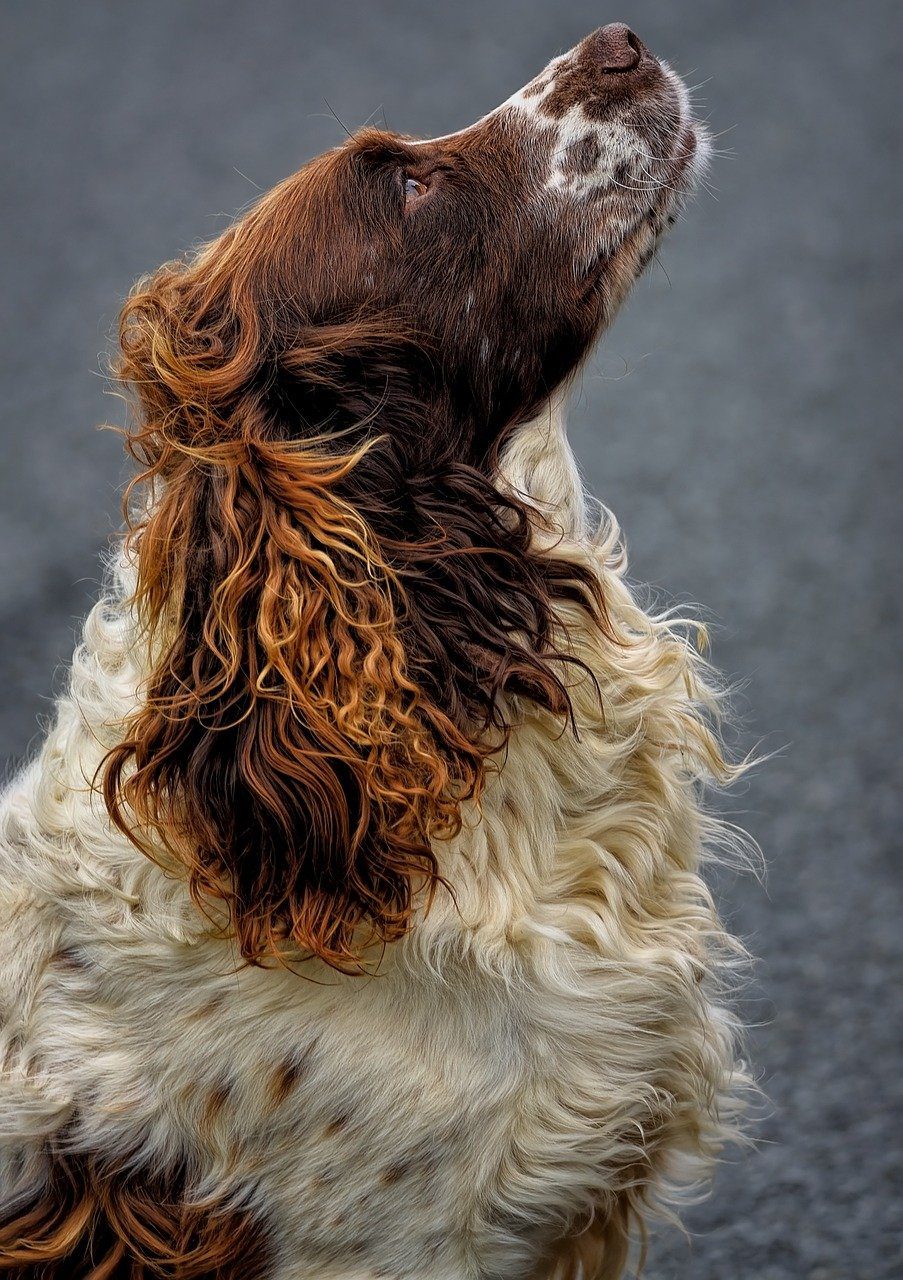I am hoping as I write this that we can look forward to some hot summer weather.
I am not a fan of the sun, with my fair skin. But I do recognise how it improves everyone’s mood to see the blue sky and sunshine.
However, it can also bring problems for pet rabbits in the form of myiasis.
This is the medical term for an infection with fly larvae.
Certain flies lay their eggs in animal fur. The eggs then hatch into maggot larvae, which burrow through the skin, causing ghastly wounds and a slow painful death.
The egg-laying flies are most attracted to wounds, and dirt, especially urine and faeces. So the maggots appear most commonly on pets whose hutches are not being freshened regularly enough, or those who are unable to groom themselves properly.
This makes overweight and unwell rabbits, most at risk.
Myiasis is very much a hot weather problem, as the flies become more numerous and active when the weather is hot.
Now is a good time to review your rabbit’s myiasis protection.
You should up your hutch cleaning routine to at least daily. Remove any soiled bedding and poop, and scrub the flooring if it is wet.
Ensure each bunny is picked up and physically checked for wounds or soiling around their tails twice daily. If their fur smells bad to you, it will attract flies, so that bun needs a gentle bath.
If you find a wound, however small, or spot a maggot of any size wriggling away from the light, you should seek a veterinary appointment urgently.
I know some rabbit owners use net curtains like mosquito nets around their rabbits’ quarters to keep the flies out. And in the long term myiasis is much less likely in a fit slim rabbit than in a lazy overweight one, so ensure plenty of exercise and pay attention to your pet’s daily allowance of food.
There are medical fly preventions available as a precaution too. Once applied these give a long-acting repellant benefit, reducing the risk of your pet suffering from this dreadful problem.





